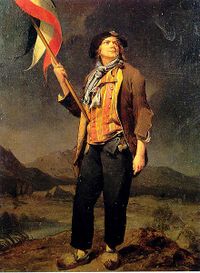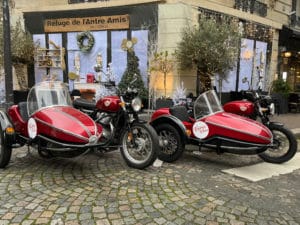It seems that every few months there are a new series of protests and strikes affecting France, and often centered around its capital city, Paris. It is no mystery though as to “why”.
France’s heritage is steeped in history and especially rising up against whichever administration happens to be in power at the time. There was the obvious French Revolution of 1789 in which the people rose up against the Monarchy and eventually founded the first French Republic three years later.
However, looking even further back in time it becomes apparent just how deep the culture of resistance runs in this country. When the Romans conquered Gaul in 52 BC, their generals all had the same thing to say about the locals: “the land is rich but the people are going to be difficult to manage”.
It is no wonder when you flip through the pages of French history and see riot, insurrection, resistance and revolution as a constant theme. Today, French labor unions are among the most powerful in Europe, and they often use strikes as a way to pressure the government and employers to make concessions on issues such as wages, working conditions, and job security.
This consistency has shaped the country’s social and political culture to the point that it is reflected in the country’s laws, which make it easier for workers to organize and strike than in many other countries.
Finally, many French workers feel that they have a lot to lose and little to gain from the current economic system. France has a relatively high unemployment rate, and many workers feel that their jobs are not secure. Strikes are seen as a way to protect their interests and push for greater social and economic justice.
Overall, while strikes can cause disruption and inconvenience, they are an important part of the French political and social landscape and reflect the country’s strong commitment to worker rights and social justice.
If you are considering visiting France and Paris, just remember that strikes and protests are not to be feared. On the contrary, they are an integral part of the culture and an exceptional way to witness the real France.




